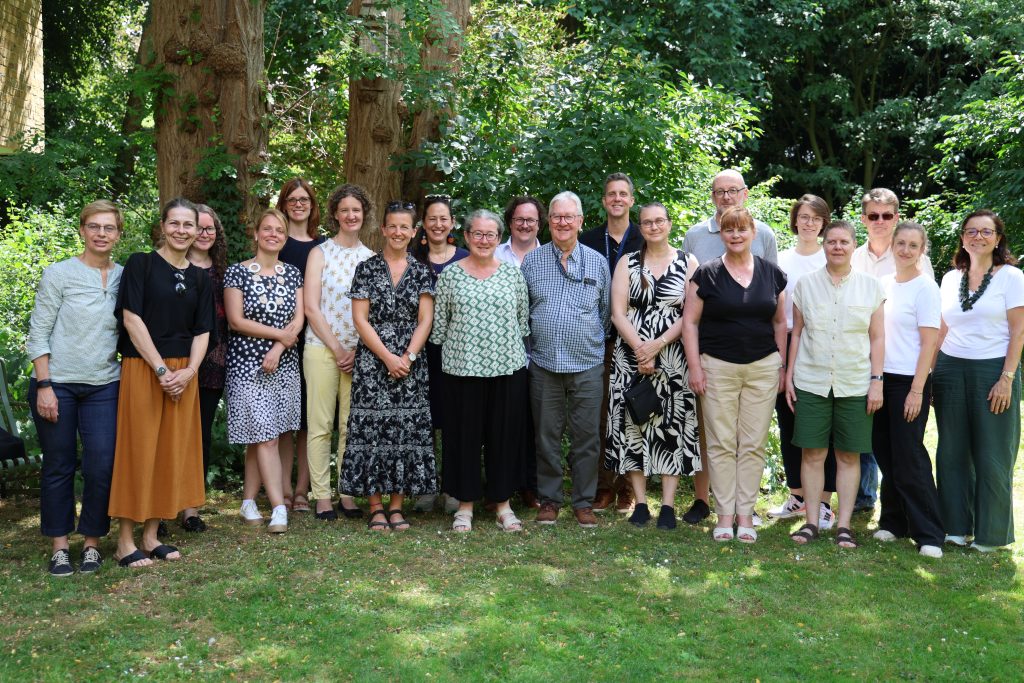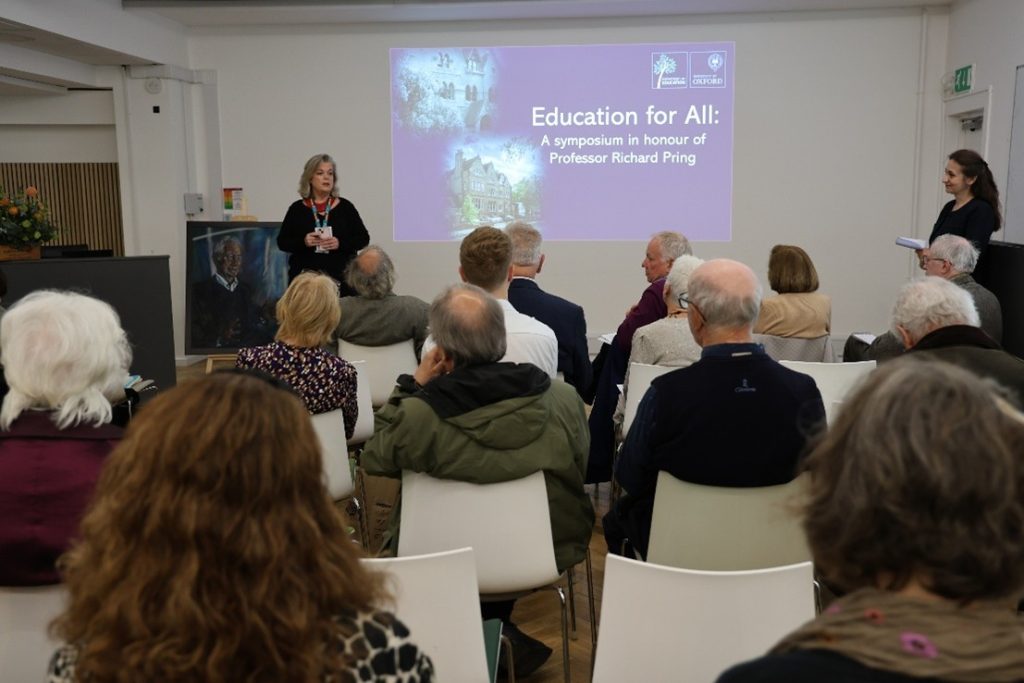ASSESSMENT FOR LEARNING IN AFRICA (AFLA): Improving Pedagogy and Assessment for Numeracy in Foundation Years
The Oxford University Centre for Educational Assessment has been awarded £695,210 following its successful bid to the ESRC-DfID to conduct research on formative assessment in primary school early years’ numeracy contexts in Tanzania, East Africa and two sites in South Africa.
OUCEA will lead the project with Principal Investigator Dr. Therese N. Hopfenbeck, Professor Jo-Anne Baird as Co-Investigator and Professor Pauline Rea-Dickins, Dr. Daniel Caro, Dr. Jenny Lenkeit and Ms. Natalie Usher. Working in partnership with Professor Anil Kanjee, Tshwane University of Technology South Africa, Professor Yusuf Sayed, Cape Peninsula University of Technology, and Professor Anjum Halai, Aga Khan University, Institute for Educational Development East Africa, AFLA will support primary school teachers to implement formative assessment strategies to enhance the quality of the teaching and learning of numeracy.
Our approach is to develop classroom materials for primary school numeracy development and use these as the basis for workshops and for the development of teacher learning communities in each area. The aim is to improve teachers’ own numeracy skills and their understanding of how numeracy can be more effectively communicated to their young learners and to improve children’s outcomes in the form of test results through appropriate assessment strategies.
We know a good deal about the teaching of numeracy and productive Assessment for Learning. However, this has been largely based on well-resourced education systems. Our research deliberately involves itself in far more challenging circumstances, specifically in urban slum areas, in order to develop ways of contributing to teaching and learning in the more marginal and disadvantaged circumstances in which millions of school-age learners find themselves.
The research team includes researchers with extensive experience of implementing formative assessment internationally, numeracy specialists and academics based in South Africa and Tanzania who are familiar with local conditions. The work will take place over three years, beginning April 2016.








